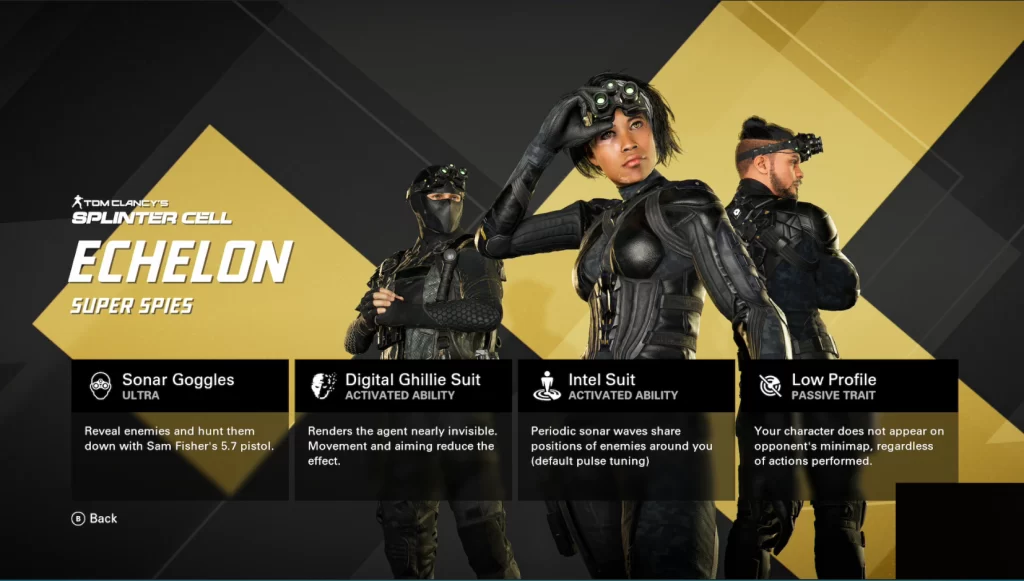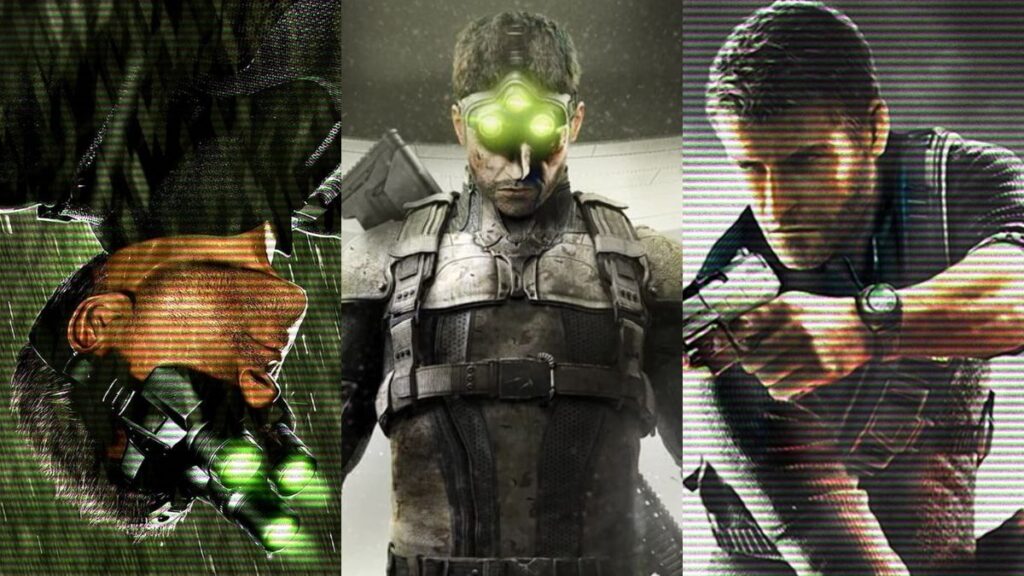The Splinter Cell series, developed by Ubisoft, made its debut in 2002 with the release of the first game, “Tom Clancy’s Splinter Cell.” Over the years, the series garnered a dedicated fan base and critical acclaim for its innovative stealth gameplay, compelling narrative, and engaging protagonist, Sam Fisher. However, despite its initial success, the series faced challenges and dwindling popularity due to shifting industry trends. This article explores the rise and fall of the Splinter Cell series and analyzes the factors that contributed to its gradual decline.
The Rise of the Splinter Cell Series
When the original Splinter Cell game was released, it was a breath of fresh air in the gaming industry. Unlike other action-packed shooters of its time, Splinter Cell focused on stealth and strategic gameplay. Players assumed the role of Sam Fisher, a highly skilled and lethal covert operative working for a top-secret government agency known as Third Echelon. The game’s dark and atmospheric setting, along with its advanced stealth mechanics, made it an instant hit among gamers who craved a more methodical and tactical approach to their gameplay experience.
Key Success Factors
Stealth Gameplay: The series was known for its emphasis on stealth mechanics, requiring players to carefully observe enemy patterns, utilize shadow and darkness, and employ gadgets to navigate through hostile environments.
Engaging Narrative: The series featured intricate and gripping storylines, blending espionage, political intrigue, and espionage. Sam Fisher’s character was well-developed, making players invested in his journey throughout the games.
Cutting-Edge Technology: The games showcased state-of-the-art technology, which added to the realism and immersion. Players had access to a wide array of gadgets, including the now iconic night vision goggles, sticky cameras, and silenced weapons.
Memorable Multiplayer: Splinter Cell: Pandora Tomorrow introduced a fantastic multiplayer mode called “Spies vs. Mercs” where one team played as agile spies, and the other as heavily-armed mercenaries. This innovative gameplay mode further expanded the series’ appeal.
An Evolving Industry
The Rise of Multiplayer and Online Games
One of the major trends that has shaped the video game industry in recent years is the rise of multiplayer and online games. According to a report by Newzoo, online games accounted for 58% of global game revenues in 2021, up from 48% in 2017. Online games include genres such as massively multiplayer online role-playing games (MMORPGs), battle royale games, mobile games, social games, and e-sports. These games offer players the opportunity to interact with other players around the world, compete or cooperate in various modes and challenges, and create or join communities of like-minded gamers.
Splinter Cell, on the other hand, is primarily a single-player or offline game. Although some of the later entries in the series introduced multiplayer modes or features, such as co-op missions or competitive matches, they were not the main focus or selling point of the game. Splinter Cell’s core gameplay revolves around stealth, infiltration, and espionage, which are best suited for solo or cooperative experiences rather than competitive or social ones. Splinter Cell’s narrative also relies on linear and scripted sequences that are difficult to adapt or modify for online environments.
Focus on Open-World and Multiplayer Games
As the gaming industry evolved, there was a shift towards open-world games and titles with extensive multiplayer components. The Splinter Cell series, with its linear single-player campaign, struggled to compete with the expansive worlds offered by games like Assassin’s Creed and Grand Theft Auto. Ubisoft other Tom Clancy title Ghost Recon with its transformation into an open world sandbox game saw great success, which caused Splinter Cells more slow methodical style of gameplay best suited for enclosed environments linear and corridors to be left behind.
The Future of Splinter Cell

Despite the challenges and changes that the video game industry has undergone in recent years, Splinter Cell is not dead yet. Ubisoft has not officially announced the cancellation or discontinuation of the series, and has hinted at its possible return in the future. Ubisoft has kept Splinter Cell alive in other ways. In 2017, Ubisoft released Tom Clancy’s Ghost Recon: Wildlands, which featured a crossover mission with Sam Fisher as a guest character. In 2019, Ubisoft released Tom Clancy’s Ghost Recon: Breakpoint, which featured another crossover mission with Sam Fisher as well as a new game mode called Ghost War that was inspired by Splinter Cell’s Spies vs Mercs mode. In 2020, Ubisoft released Tom Clancy’s Elite Squad, a mobile game that included Sam Fisher as a playable character. In 2021, Ubisoft announced Tom Clancy’s XDefiant, a free-to-play multiplayer shooter that will feature factions and characters from various Tom Clancy franchises, including Splinter Cell.
If you enjoyed this post, be sure to check out more content on Poggers Memes. If you enjoy Tom Clancy Titles you may enjoy our coverage of Ubisofts upcoming XDefiant or Rainbow 6: Siege.
